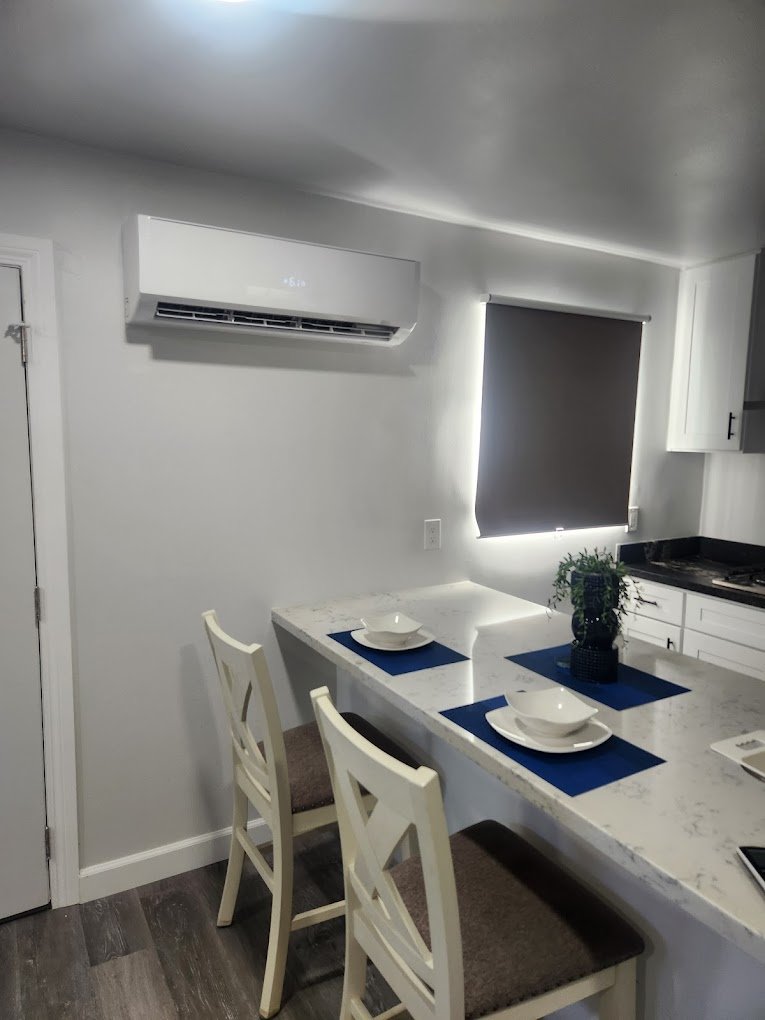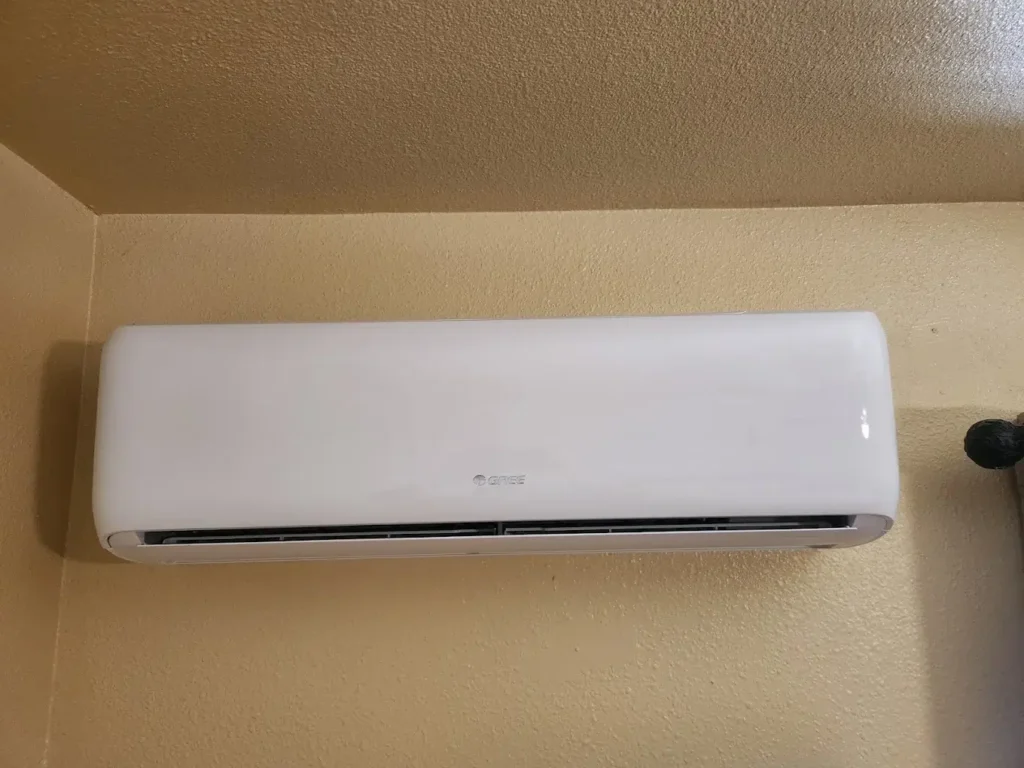
Is your air conditioner not cooling as efficiently as before? It might be time to replace the AC filter. In this guide, you’ll learn the simple steps to replace your AC filter and keep your home’s air quality fresh and clean.
When was the last time you checked your filter? A dirty or clogged filter can restrict airflow, making your unit work harder and increasing energy consumption. By following these easy instructions, you can ensure your unit runs smoothly and prolong its lifespan.
Don’t let a dirty filter affect your indoor air quality and AC performance. With our step-by-step guide, you’ll be able to replace it quickly and hassle-free. Keep reading to discover how simple it is to maintain your unit for optimal comfort.
Ensuring you replace your air conditioner filter regularly is crucial for maintaining efficient cooling and ensuring fresh air quality in your home. A dirty or clogged filter can impede airflow, causing your AC unit to work harder and consume more energy. By adhering to a routine filter replacement schedule, you can prevent these issues and keep your air conditioner system operating smoothly, leading to extended lifespan and optimal performance.
When replacing your air conditioner filter, you’ll need a few essential tools and materials to get the job done efficiently.
When replacing your air conditioner (AC) filter, follow these steps for optimal cooling and air quality in your home.
First, before you begin the replacement process, ensure you turn off the AC unit to prevent any accidents or damage. It’s crucial to prioritize safety during maintenance tasks.
Next, locate the filter panel on your AC unit. Typically, filters are found near the return air duct or within the air handler unit. Refer to your AC unit’s manual if you’re unsure about the filter’s location.
Carefully remove the old filter from its housing. Take note of the filter’s positioning to ensure you install the new filter correctly. Use gloves and a vacuum cleaner with a brush attachment to clean any debris around the filter area.
Once the old filter is removed, insert the new filter into the housing. Make sure the filter fits snugly without gaps around the edges. Check that the airflow direction indicators on the filter match the airflow direction in the unit. Secure the filter panel back in place.
By following these simple steps, you can efficiently replace your AC filter, promoting better air circulation, energy efficiency, and overall AC system performance.
When it comes to proper AC filter maintenance, there are some key tips you should keep in mind to ensure your air conditioning system operates efficiently and effectively.
By following these maintenance tips, you can ensure that your AC filter functions optimally, leading to improved air quality, energy efficiency, and overall performance of your air conditioning system. Regular maintenance not only benefits your air conditioner unit but also contributes to a healthier indoor environment for you and your family.

Ensuring your air conditioner filter is replaced regularly is crucial for maintaining optimal cooling performance and indoor air quality. By following a routine filter replacement schedule and implementing proper maintenance tips, you can extend the lifespan of your air conditioner system, reduce energy consumption, and promote a healthier indoor environment.
Remember to inspect your filter regularly, adhere to manufacturer guidelines, choose high-quality filters, replace them on time, schedule professional maintenance checks, and keep the area around your AC clean. These simple steps can make a significant difference in the efficiency and longevity of your AC system.
Stay proactive in caring for your filter, and you’ll enjoy improved air quality and overall performance from your AC unit.
Regularly changing your air conditioner filter is crucial to maintain efficient cooling and air quality at home. A dirty filter can restrict airflow, leading to poor performance and increased energy consumption.
A dirty filter can reduce airflow, causing your system to work harder to cool your home. This can lead to higher energy bills, strain on the system, and potential breakdowns.
Following a routine filter replacement schedule helps ensure smooth operation, extends the air conditioner system’s lifespan, optimizes performance, and maintains good air quality in your home.
Essential tips for proper maintenance include regular inspections, following manufacturer guidelines, using quality filters, timely replacements, professional maintenance checks, and keeping the surrounding area clean.